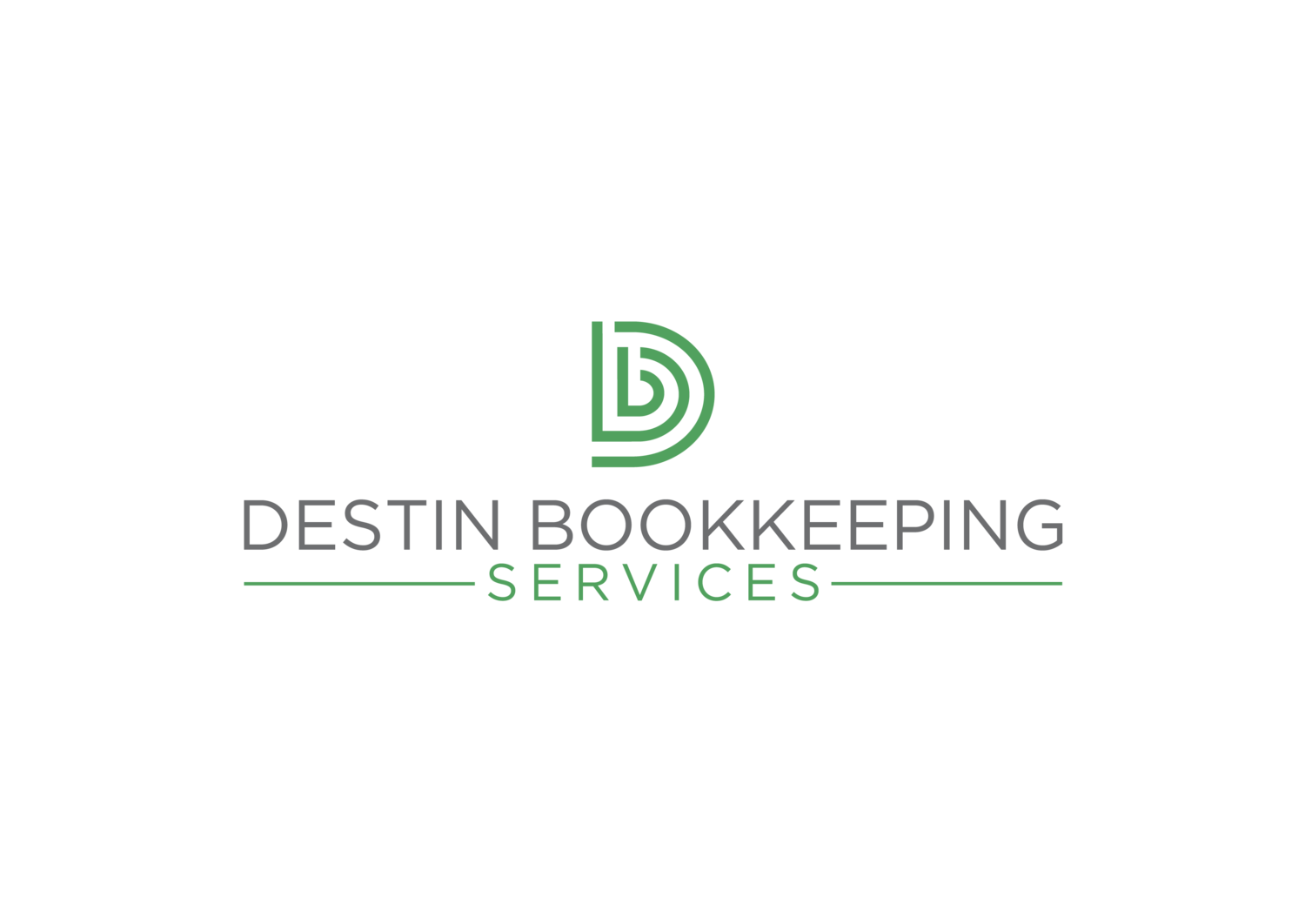The Ruling:
A new Revenue Ruling (Rev. Rul. 2020-27) by the IRS addresses the deductibility of expenses paid with Paycheck Protection Program (PPP) loans.
Simply put- taxpayers that received a PPP loan and paid or incurred deductible expenses may not deduct those expenses that year if the taxpayer can expect to receive loan forgiveness.
What you should know:
The forgiveness of a PPP loan under the CARES Act is not a reimbursement of expenses, rather it is the cancelation of an obligation.
Rev. Rul. 2020-27 also addresses the taxpayer that does not file for forgiveness until after the end of the tax year. The ruling concludes that if you “reasonably expect” to receive PPP loan forgiveness (either in the year 2020 or year 2021), the taxpayer cannot deduct otherwise deductible eligible expenses.
The Issue:
Many recipients of the PPP loans that used those funds for eligible expenses expected to deduct those expenses in the 2020 taxable year. The Rev. Rul. 2020-27 creates a situation where businesses who needed PPP loans to help fund their eligible expenses will have higher taxable income for the year 2020.
Safe Habor:
The IRS has issued a safe harbor allowing the taxpayer that does not receive PPP loan forgiveness or if the taxpayer fails to seek forgiveness then you can deduct the expenses in 2020 or you can deduct them in 2021 if there is uncertainty.
